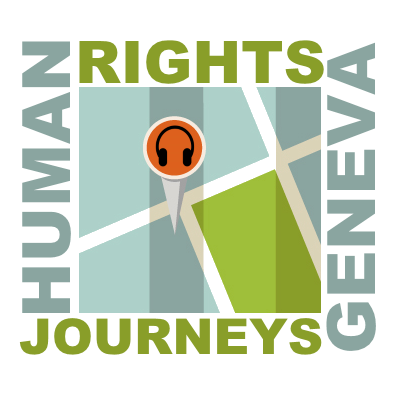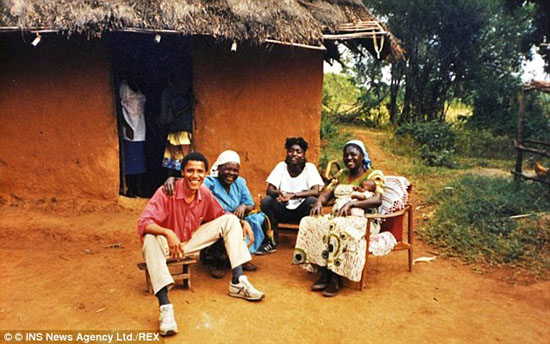Statecraft is science of humans. The 44th president of the United States of America (2009 – 2017) with his grandmother in Kolego, Nyanza, Kenya. The visit was around 1980.
Our center advocates a different view of global events, away from the big power struggle. In that context the strength of countries in Africa is an important phenomenon. Africa has the key for a more peaceful and prosperous world. More particularly, the church in Africa has that key, by operating independently as a sphere in society.
Politics is about people. And humans relate to the larger context of God’s Creation. That is why the bible is concerned about them both. In today’s world the 193 states in the U.N. all have ultimate authority over their own territory, also known as the Westphalia system. The self-reliance of peoples is a cornerstone of human rights and the first article in both the U.N. treaty about civil and political rights and the treaty about economic, social and cultural rights of 1966 and ratified by 150 countries. The African Charter for human and peoples rights is even more clear about the right of self-determination of countries.
In practice this means independence of states. The important question is now: How to promote a successful state where freedom, peace and prosperity are sustainable. This is no rocket science. This website argues that the success of a country depends on the national society that underpins the state. Churches and people of faith are important for a sustainable society, to protect the rights of individuals and communities alike. Countries are more peaceful if they heed diversity and responsibility in their society and a dynamic separation of church and state.
In the reality of 2024 a new big power surge is happening, threatening due process in nationhood. Smaller nations are exploited by economic and military power brokers. Divide & rule reigns. For internal growth it is important to resist this threat from bigger powers.
An African proverb says it well: “If you know the beginning well, the end shall not trouble you”.
On a weekly basis we search leading quality newspapers on relevant news. See below for editorial notes. Subscribe here: ahengelaar@worldea.org
humanrightsjourneys.com is an initiative within the World Evangelical Alliance Office to the U.N. in Geneva. Follow our office on Twitter

